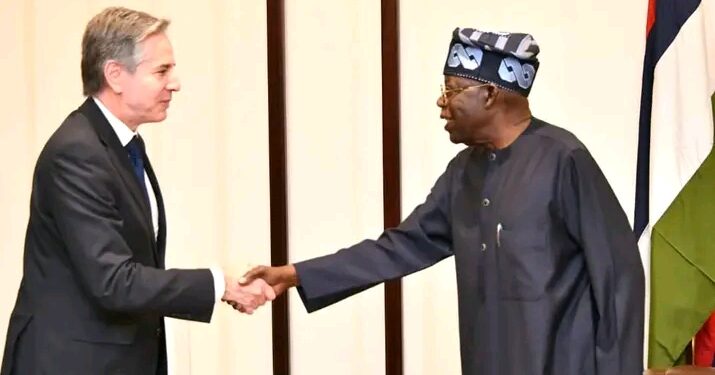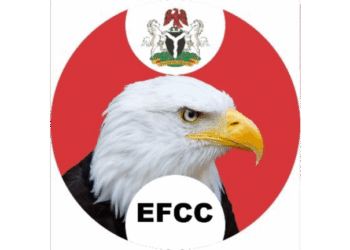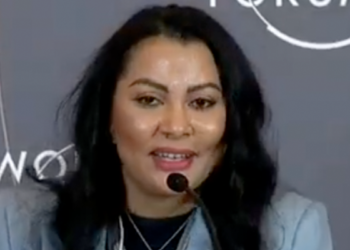U.S. Secretary of State Antony Blinken on Tuesday pledged $45 million in additional financing to help fight conflict and bring stability to coastal West Africa, where insecurity linked to jihadist insurgencies has increased in recent years.
Blinken is on the second stop of a four-nation tour of Africa taking him to Cape Verde, Ivory Coast, Nigeria, and Angola from Jan. 21-26.
The purpose of the trip is to discuss U.S.-African partnerships over trade, climate, infrastructure, health, security, and other issues.
It follows a summit in Washington with African leaders in December 2022.
Security challenges in West Africa, the fallout of a coup in Niger last year, and Russia’s growing influence in the region are among key topics during Blinken’s trip.
He arrived in Ivory Coast’s financial capital Abidjan on Monday evening and met President Alassane Ouattara on Tuesday morning, after which he announced the extra financing at a joint press briefing.
Ivory Coast is one of several coastal West African countries impacted in recent years by Islamist insurgencies that took root in Mali in 2012 and spread across the Sahel region despite costly, internationally backed military efforts to contain it.
“We spent a lot of time discussing mutual security challenges,” Blinken said. “We appreciate Ivory Coast’s leadership in the fight against extremism and violence.”
The funding will supplement 300 million dollars the U.S. has already invested in coastal West Africa over the past two years.
“We have increased military training by 15 times and are investing in civil protection in Ivory Coast,” Blinken added.
Ouattara said security in the region remained a challenge.
“That is why we do appreciate the USA for their support in the area of intelligence and the fight against terrorism,” he said.
The U.S. faced a setback in its fight against militants in the Sahel when military officers toppled Niger’s President Mohamed Bazoum, a key ally, in July last year.
The coup in Niger was one of a series of military takeovers or attempted power grabs that occurred in West and Central Africa over the past three years.
The instability has raised concern, particularly as juntas have cut ties with traditional Western allies such as the European Union and France, which withdrew thousands of troops from the Sahel last year.
Blinken met Akinwumi Adesina, president of the African Development Bank, at a sub-regional rice research institute in the afternoon.
He is scheduled to fly to Nigeria in the evening.











